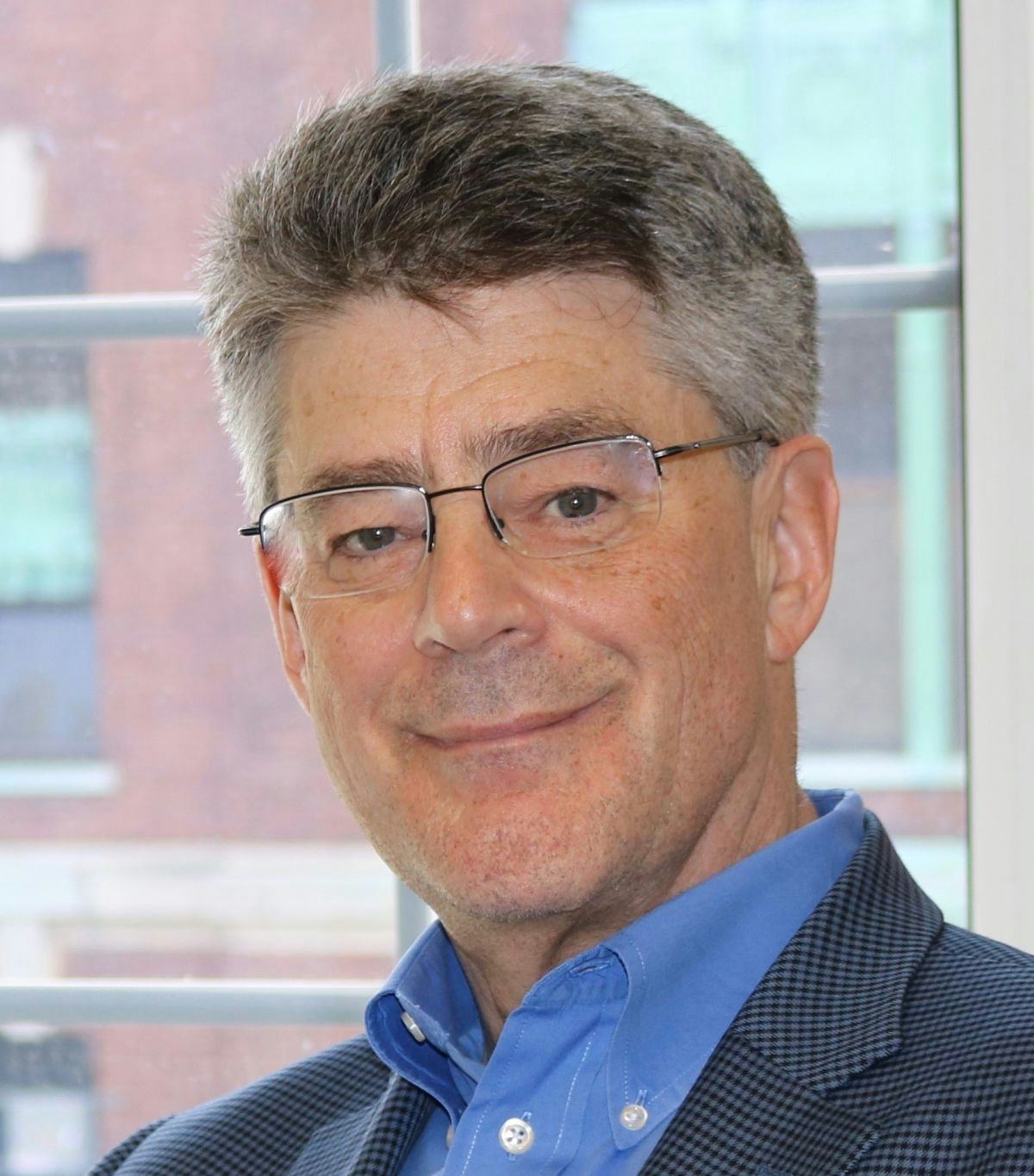Stevens Algebra and Cryptology Center Explores the Complexity of Cybersecurity
Interdisciplinary group researches difficult mathematical equations to make it easier to secure data from the looming risks of quantum computing
Quantum computing may one day be able to help fast-track the development of life-saving pharmaceuticals, more accurately predict the weather, improve supply chain efficiencies — and threaten the very security of everything from your emails to your bank information and health records.
That’s why researchers at Stevens Institute of Technology founded the Algebraic Cryptography Center, now called the Algebra and Cryptology Center (ACC). Launched in 2005, this joint venture brings together faculty and students from the Department of Computer Science and Department of Mathematical Sciences, along with established experts from around the world, to facilitate interdisciplinary research and gain insights into the foundational challenges of cybersecurity and cryptography (using codes to protect information).
“Today, public key cryptosystems safeguard your information on the internet, but we’ve known since at least 1995 that quantum computers will be able to break these systems,” explained mathematics professor Bob Gilman, who is one of the ACC’s founders and now serves as its director. “Even though quantum computers are not yet entirely operational, it’s important to get better systems in place now.”
A new age of exploration into data security
Rather than focusing solely on creating programs to stop quantum computers from undermining data security, the ACC takes a unique step back.
“As mathematicians, we find it seductive to want to simply use algebra to invent a better system for protecting cybersecurity, but by cooperating with cryptographers, we realized we should not reinvent the wheel,” Gilman said. “What cryptographers need is a ready supply of algebraic problems, called crypto primitives, which they can use to create secure public key systems.”
The crypto primitive for RSA — the public key system most commonly used in web browsers, VPNs, chats and other communications channels — is based on a simple process familiar even to high school math students: factoring numbers into products of prime numbers.
“Factoring small numbers seems easy, but a public key for RSA is the product of two gigantic prime numbers thousands of digits long, together with instructions on how to use that product to encrypt a message,” Gilman explained. “If you could factor that product back into its constituent primes, then you could read email sent with that encryption. Conventional computers can’t seem to do that factoring in reasonable time, but quantum computers will be able to do so.”
Finding appropriate products of primes for RSA public keys involves many subtle considerations besides the number of digits in each prime. In general, public key cryptosystems depend on crypto primitives that are difficult to solve yet are still solvable. But especially given the relentless advances of quantum computing, who’s to say what’s difficult to solve? That’s where ACC is carving its distinctive niche.
“We’re using computational algebra techniques on unsolvable problems to uncover insights into not only determining what makes a problem difficult, but also quantifying how difficult the problem truly is,” Gilman said. “We've invented a theory called generic case complexity, which has helped us identify crypto primitives that we think would be strong enough to be interesting to cryptographers, and others that are not good candidates. This theory has also motivated new lines of research. It’s been a useful source of information, and although we still have a long way to go, we think it's a promising start.”
The generic case complexity theory is also a fascinating example of how the ACC’s two disciplines ideally complement each other.
“Computer scientists, including cryptographers, are practical problem-solvers who don't have the luxury of musing about what makes a problem difficult or exploring unsuitable problems to try to gain insights,” Gilman noted. “As mathematicians, we bring that aspiration and expertise, and we are optimistic about its ability to reveal insights into the motivating problem.”
Gilman especially appreciates the ACC’s role as groundbreakers in this rapidly emerging field.
“Just as biologists in the 18th century explored the wilderness to find what animals existed,” he said, “we're exploring the wilderness of difficult algebraic problems, looking for insights into why they're difficult and then working on problems that may interest the cryptographers. It may be a while before we understand the complexity and the math behind cryptology better. I find this exploration very interesting.”
Over the past 18 years, members of the ACC have collaborated with researchers worldwide, conducted a robust visitors’ program for international experts and students, led seminars and workshops, published books and research articles, organized conferences and taught special topics courses. Emerging from the unplanned pause of the COVID-19 pandemic, the group is also exploring how to ramp up again.
“Like many other projects, the ACC was hampered by the pandemic but is now recovering,” Gilman said. “We hosted a Geometric and Asymptotic Group Theory conference at Stevens last summer and a visiting German graduate student in October. It’s an exciting time, and I’m looking forward to seeing what advances we can make together in this critical area.”



